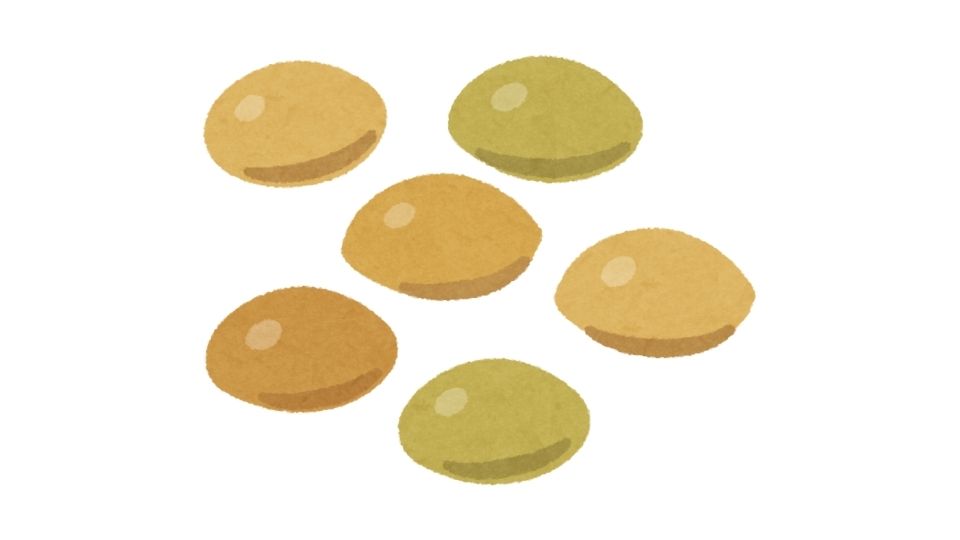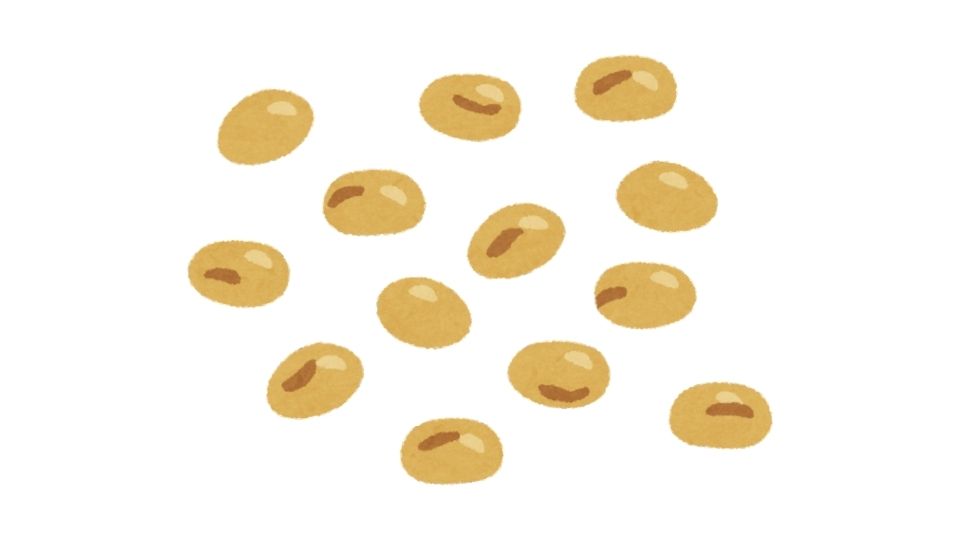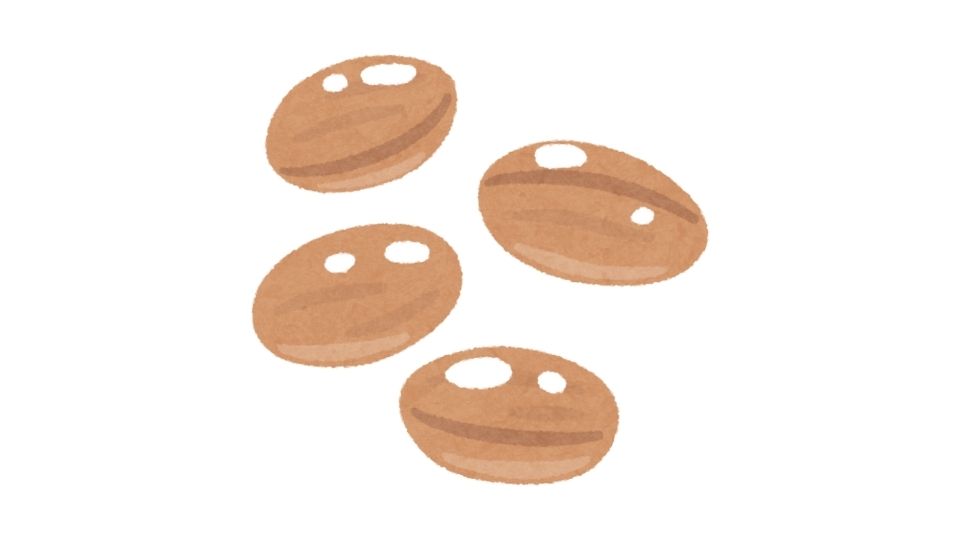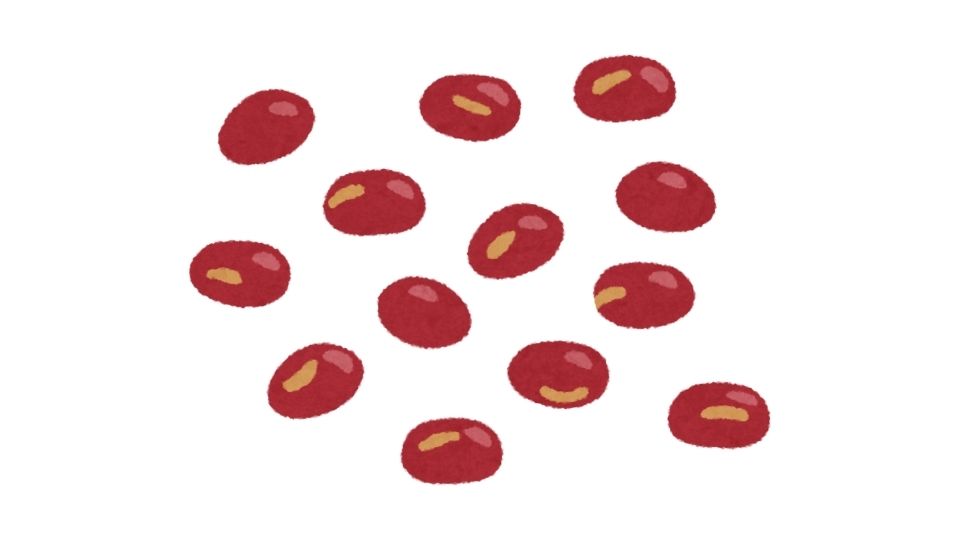Ever wondered how much protein is hiding in that bag of beans sitting in your pantry?
I’ve been diving deep into plant-based protein sources lately (mostly because I’m too cheap to keep buying protein powder), and beans are seriously underrated protein powerhouses.
Let’s break down exactly how much protein you’re getting in a pound of those magical musical fruits and why they might deserve more space on your plate.

How Much Protein Is in a Pound of Beans?
Spoiler alert: it’s a lot more than you probably think.
A pound of dry beans contains about 90-100 grams of protein, depending on the variety. That’s roughly equivalent to a pound of chicken breast!
But here’s where it gets tricky – beans absorb water when cooked, which affects their protein concentration.
Dry vs. Cooked: The Bean Protein Math

Here’s the breakdown:
- Dry beans: About 50-60g protein per 100g
- One pound (454g) of dry beans: Contains approximately 230-270g protein in dry form
- After cooking: Beans typically triple in weight due to water absorption
- Cooked beans: About 15g protein per cup (171g)
- One pound (454g) of cooked beans: Contains roughly 40-50g protein
So if you’re tracking macros, knowing whether you’re measuring dry or cooked beans makes a huge difference in your protein calculations.
Not All Beans Are Created Equal

Different bean varieties pack different protein punches:
- Soybeans: The protein kings of the bean world with about 16g protein per 100 calories
- Black beans: ~15g protein per cooked cup
- Kidney beans: ~15g protein per cooked cup
- Navy beans: ~15g protein per cooked cup
- Pinto beans: ~15g protein per cooked cup
I personally love black beans the most – they’re like the little black dress of my kitchen. They go with everything!
Beyond Protein: Why Beans Are Nutritional MVPs
Beans aren’t just protein machines. They’re also loaded with:
- Fiber: Most beans offer 15g+ per cup (your gut will thank you)
- Complex carbs: Slow-burning energy that won’t spike your blood sugar
- Micronutrients: Folate, iron, magnesium, potassium, and more
- Antioxidants: Especially in darker colored beans
Plus, beans are incredibly versatile and dirt cheap compared to animal proteins. I can get a pound of dry beans for less than $2, which works out to pennies per serving of protein.
How to Actually Use This Information

If you’re trying to hit protein goals (especially as a vegetarian or vegan), beans should be your best friend. Here’s how to make the most of them:
- Meal prep: Cook a big batch at the beginning of the week
- Mix bean varieties: Different beans = different nutrients
- Accuracy matters: Measure dry for precision, but track as cooked weight for convenience
- Pair strategically: Combine beans with rice, corn, or whole grains for complete proteins
For those tracking macros, understanding the dry vs. cooked difference is crucial. Most tracking apps show cooked values by default, but you can always search specifically for “dry beans” if that’s what you’re measuring.
The Bottom Line on Bean Protein

Beans are protein-packed, budget-friendly nutritional powerhouses that deserve more love. Whether you’re vegan, vegetarian, or just trying to eat less meat, beans can help you hit your protein goals without breaking the bank.
A pound of dry beans gives you 90-100g protein, but remember that translates to about 40-50g protein once cooked due to water absorption.
My take? I’ve been replacing one meat-based meal with beans each day, and my wallet, gut health, and environmental footprint are all better for it.
So next time you’re meal planning, don’t forget about these humble nutritional giants. They might not be as sexy as a steak or as trendy as tofu, but beans are reliable, affordable protein that have literally sustained civilizations.




Leave a Reply